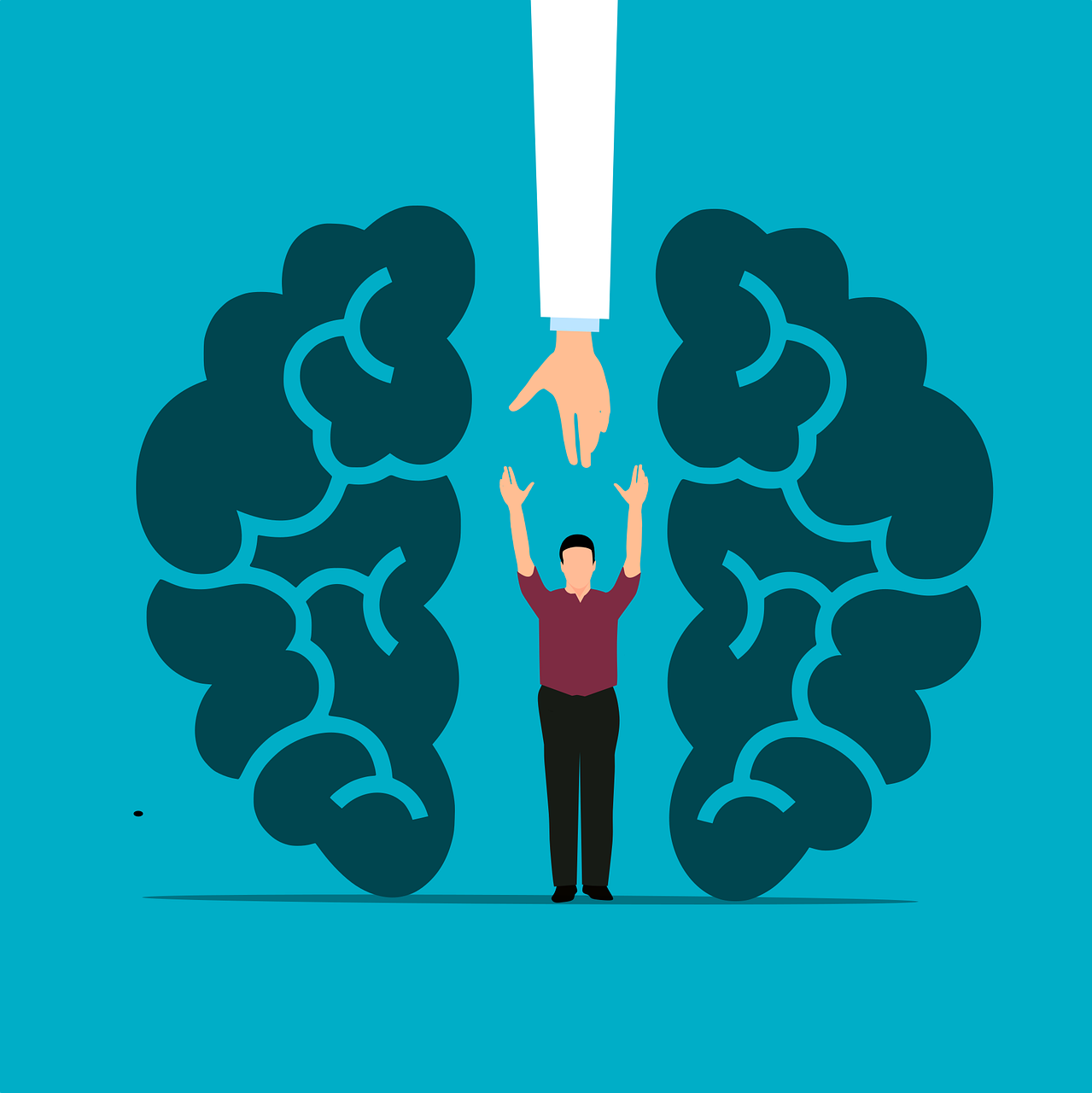When we think of healthcare, our minds often go straight to doctors and nurses. However, an entire field of professionals—known as allied health—plays a crucial role in delivering holistic care and enhancing overall well-being. Allied health services encompass a diverse range of specialties that focus on diagnosing, treating, and preventing various health conditions. These services support individuals in maintaining or improving their physical, mental, and emotional health.
In this blog, we’ll explore what allied health services are, the roles of allied health professionals, and how they contribute to a well-rounded approach to care.
What Are Allied Health Services?
Allied health services refer to a broad group of healthcare professions outside of traditional medicine and nursing. These professionals work collaboratively with doctors, nurses, and other healthcare providers to deliver specialized support across different aspects of health and wellness.
Allied health services span various domains, including rehabilitation, mental health, diagnostics, nutrition, and therapy. Some common allied health professions include:
- Physiotherapists
- Occupational therapists
- Dietitians and nutritionists
- Speech pathologists
- Psychologists
- Social workers
- Radiographers
Each profession focuses on a specific area of health, yet all share the goal of helping individuals achieve optimal well-being.
The Role of Allied Health Professionals
Allied health professionals play a vital role in:
- Prevention and Early Intervention
- Allied health providers are often involved in preventive care, identifying potential health issues before they escalate. For example, physiotherapists help prevent musculoskeletal problems, while dietitians offer guidance on nutrition to reduce the risk of chronic diseases.
- Rehabilitation
- Rehabilitation is a cornerstone of allied health services. After an injury, surgery, or illness, professionals such as occupational therapists and speech pathologists work with patients to regain independence and functionality.
- Mental Health Support
- Allied health includes mental health professionals, such as psychologists and social workers, who provide counseling and therapeutic services to help individuals manage stress, anxiety, and other mental health challenges.
- Enhancing Quality of Life
- By addressing physical, emotional, and social health needs, allied health professionals improve individuals’ quality of life. Whether it’s teaching new coping mechanisms or helping with mobility, their work supports overall well-being.
- Team-Based Care
- Allied health professionals collaborate with other healthcare providers to create personalized care plans. This team-based approach ensures that every aspect of a patient’s health is addressed.
Benefits of Allied Health Services
- Holistic Approach to Care
- Allied health services focus on treating the whole person, not just the symptoms of a condition. This comprehensive approach ensures that all aspects of health—physical, mental, and emotional—are considered.
- Personalized Care
- Allied health professionals tailor their services to meet the unique needs of each individual. Whether it’s creating a fitness plan or providing therapy sessions, they ensure that care is aligned with the person’s goals and circumstances.
- Improved Recovery Outcomes
- Allied health interventions can accelerate recovery times and reduce the likelihood of complications. For example, physiotherapy after surgery can improve mobility and strength, while speech therapy can restore communication abilities after a stroke.
- Accessibility and Support
- Many allied health services are community-based, making them more accessible to individuals who may not have easy access to traditional medical facilities.
- Empowerment and Education
- Allied health professionals empower individuals to take an active role in their health. Through education and practical strategies, they help people make informed decisions about their well-being.
Allied Health and Holistic Care
Holistic care is about addressing the interconnected aspects of a person’s life—mind, body, and environment. Allied health professionals embody this principle by providing services that go beyond treating specific conditions. They focus on improving overall wellness and enabling individuals to live healthier, more fulfilling lives.
How Allied Health Services Enhance Your Well-Being
Whether you’re recovering from an injury, managing a chronic condition, or looking to improve your mental health, allied health services can offer tailored solutions to support your journey. By combining specialized knowledge with compassionate care, these professionals bridge the gap between clinical treatment and everyday wellness.
Conclusion
Allied health services are an essential component of modern healthcare, playing a significant role in prevention, recovery, and quality of life improvement. Their holistic and collaborative approach ensures that individuals receive the comprehensive care they need to thrive.
If you’re looking to enhance your well-being or seek support for specific health concerns, consider exploring allied health services. With their expertise and dedication, allied health professionals can help you achieve your health and wellness goals.
